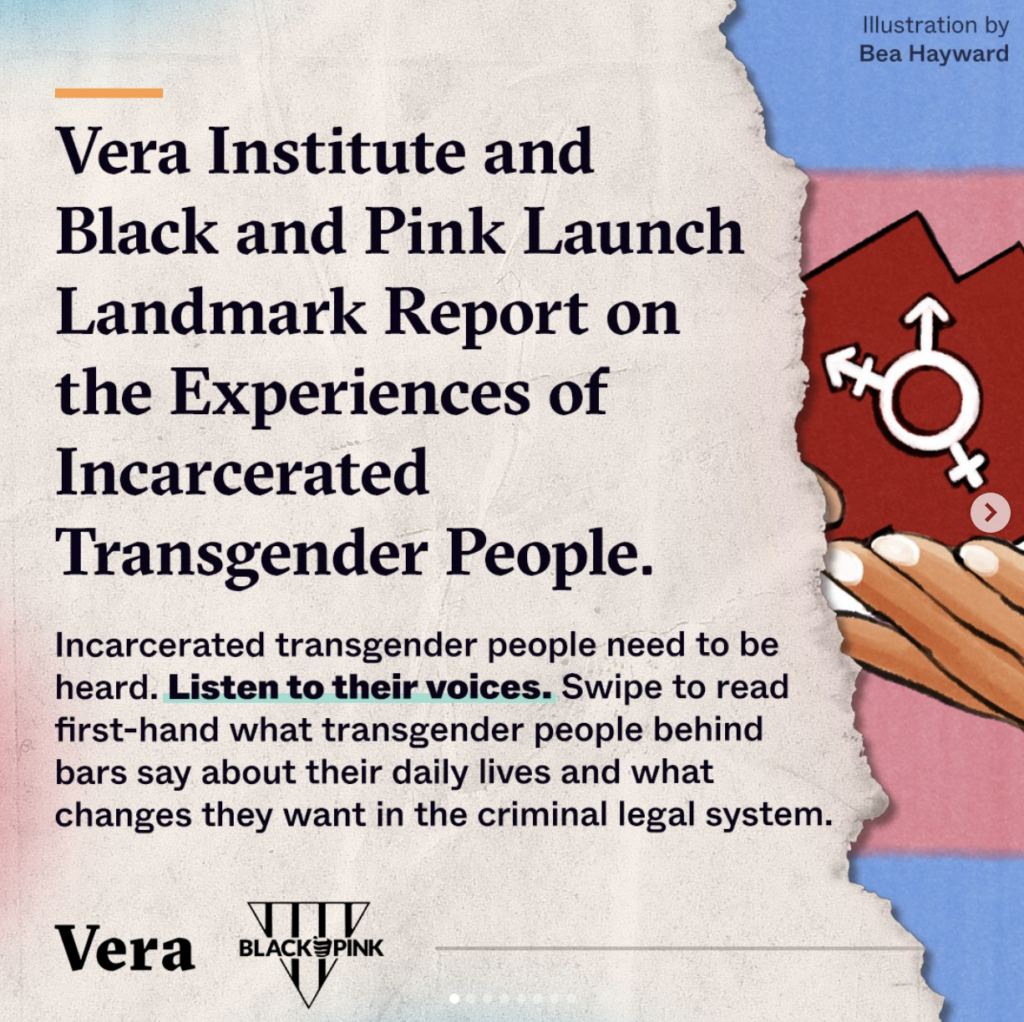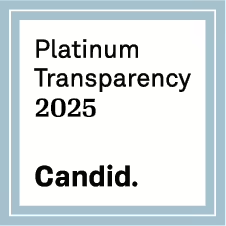Our carceral system is set up in a binary way: you either are sentenced to a men’s or women’s prison, regardless of how you identify. We see our lesbian, gay, bisexual, transgender, and queer (LGBTQ) loved ones experiencing particular trauma and discrimination as a result of this reality.
This discrimination disproportionately impacts LGBTQ+ folks at various stages of the criminal legal system. They are arrested, incarcerated, and subjected to community supervision at significantly higher rates than their straight and cisgender counterparts. This disparity is particularly pronounced for trans individuals and queer women. Moreover, those within the LGBTQ community face particularly harsh and inhumane conditions while incarcerated.
Within the prison system, gay, lesbian, and bisexual individuals endure especially inhumane treatment. A survey conducted by Black and Pink revealed that 85% of LGBTQ incarcerated respondents had experienced solitary confinement during their sentence. Transgender individuals often find themselves incarcerated in prisons that do not align with their gender identity, forcing them to either conceal their identity or face potential discrimination.
Even upon reentry, trans individuals encounter distinct challenges. The urgency of obtaining essential documents such as IDs, bank accounts, and Medicaid often leads them to use their deadname, as legal name changes are not immediate. This can be re-traumatizing and prevent folks from securing such crucial documentation. Additionally, many reentry programs, especially here in the South, also reinforce the gender binary by limiting services to people of a certain gender appearance. Unfortunately, we also see several privately run housing programs explicitly bar women who are lesbian, bisexual, or pansexual.
We have seen residents want to change their names for a variety of reasons, including wanting their maiden name back or wanting to dis-associate with someone who caused them harm. This process can take months and create difficult limbos when people don’t know what to call themselves on legal documents. We are also seeing this struggle now for our gender non-binary and trans residents.
At Benevolence Farm, we believe we all benefit when we create infrastructure and policy that recognizes the needs of people historically pushed to the margins.
When coming home from prison, it can be hard to find yourself outside of the carceral system. These barriers rooted in gender norms make it even more difficult and isolating.
You can find out more information about the unequal treatment of LGBTQIA+ folks in the carceral system from our friends at Prison Policy Initiative (here) and Black and Pink National (here).

